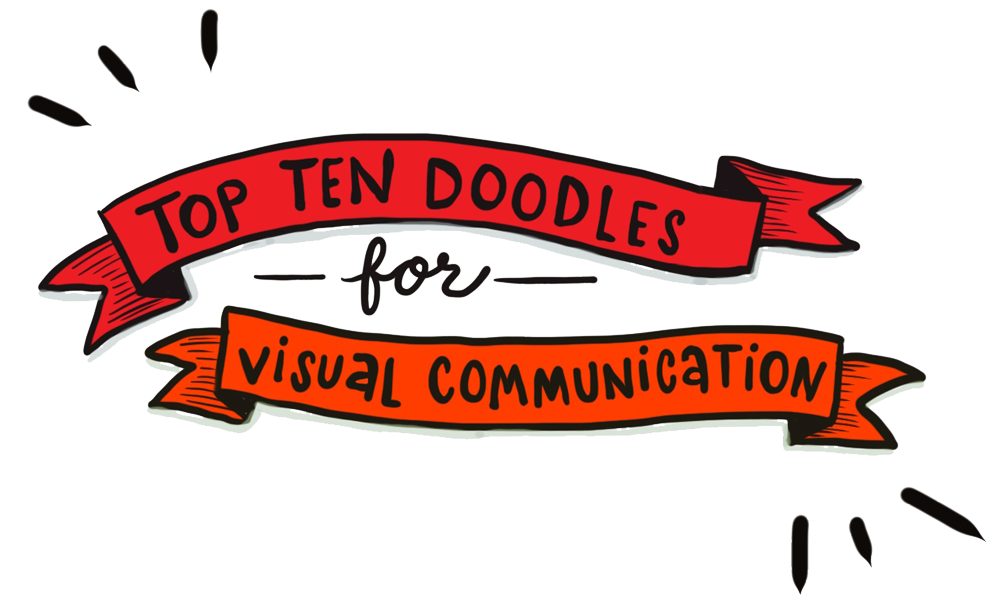I feel like I’m always using the word authentic to qualify the word brand. I do this because authenticity in a brand is of paramount importance. You can’t just make up your brand. No matter how much you want to pay me, I can’t develop the character of your brand either. Your brand is who you are, at your core, and these traits already exist. Like the birds waiting in the woods after filling the feeders with seed, it’s just a matter of coaxing those inborn traits out into the open.
Did you see the New Yorker article a few weeks ago about the re-branding of the Koch brothers (“New Koch,” January 25, 2016)? Sensing that the Kochs have a tarnished public image, Team Koch has embarked on a new campaign, the theme of which is to demonstrate the brothers’ compassion for the poor. According to one public-relations expert, “They’re waging a charm offensive to reset the image of the Kochs from bogeymen shrouded in secrecy to philanthropists who are supporting black colleges and indigent defense.”
I agree with the head of their P.R. team who is quoted as saying, “Building a brand is telling a story…it is about giving people a sense of who you are, what you believe in, and what you are doing to improve their lives.”
BUT the story has to be true. It has to be an accurate reflection of who the organization is at the core, not a tale to be spun. I tell my clients that their brand can be somewhat aspirational, but if they really want one of their brand traits to be, for example, “innovative” or “highly responsive”, these things either have to be true right now, or the group has to be committed to doing what it takes to make it achievable within the next few months.
Another example. Let’s say your organization is research-focused. If, honestly, your group is focused more on research than program development, you shouldn’t try to pretend you’re providing innovative programs. Instead, maybe your character is that of a meticulous and diligent research team and your personality is rational and reliable. You want to put your best foot forward, but it still has to be your actual foot – it has to be genuine.
And the Kochs? It remains to be seen whether their new image is perceived as being authentic or not. The article concludes with another quote from the P.R. expert who “isn’t surprised that the Kochs’ rebranding has encountered troubles. ‘You can’t just use spin to make it look like you’re doing the right thing… Ultimately, the currency that the Kochs are after is trust. And it’s won only by showing consistency, transparency, and evidence of real change.’”
Be honest. Accentuate the positive, and strive for improvement where it’s needed. Your followers are smart. They’ll be able to tell if your brand is based on your genuine values. If it’s not, the brand will have a hollow ring to it. But if it is authentic, the brand will resonate, and your constituents will be able to connect emotionally — leading to increases in your brand’s perception and reputation.
Want more on Visual Communication and Visual Thinking? Here's some related content for you.
Brand Values Worksheet
Your network should experience the organization’s brand and infer from it that the organization has the character and values that it actually has. Then people can connect emotionally, which in turn builds trust and loyalty in your organization.

